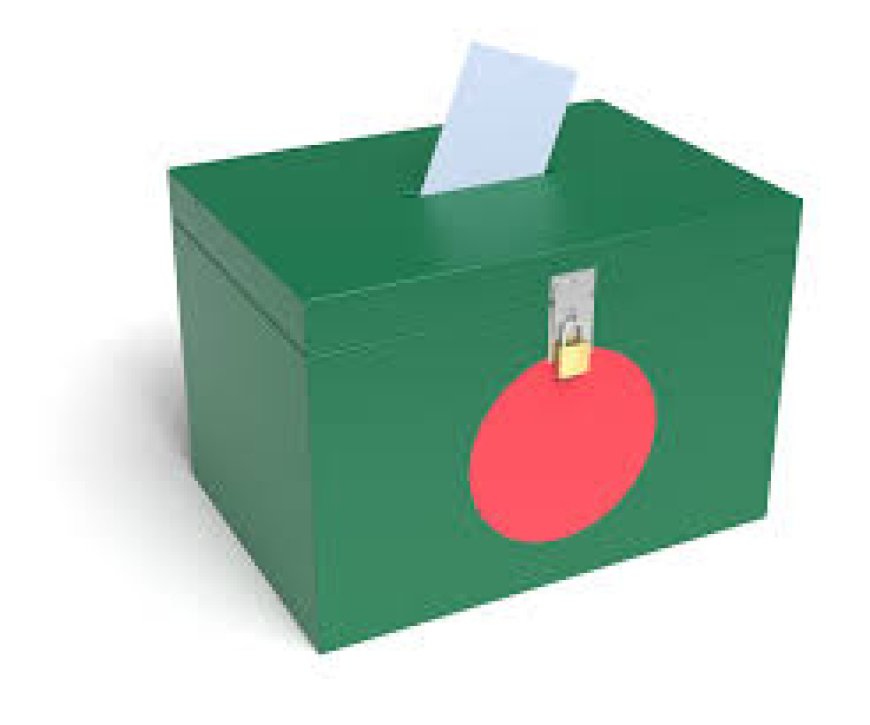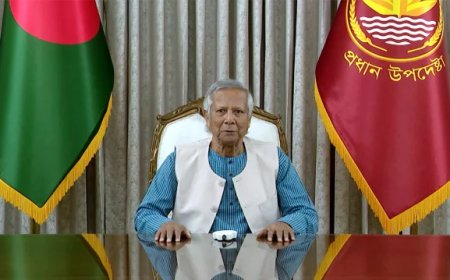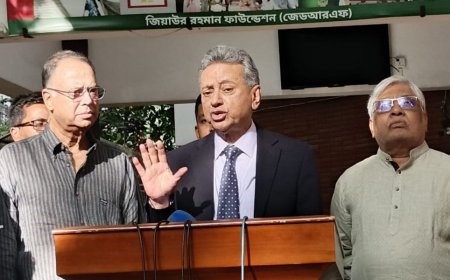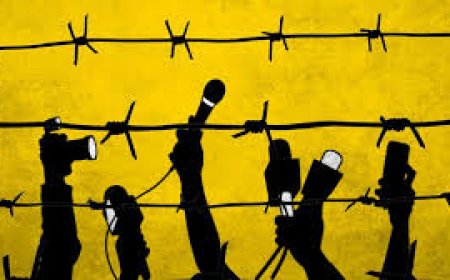Bangladeshi citizens express a lack of trust in the current electoral system
Bangladeshi citizens express a lack of trust in the current electoral system

Public Calls for Electoral Reforms: Key Suggestions and Responses
A majority of citizens have proposed the creation of an independent "electoral cadre" service to oversee elections, suggesting that the Election Commission should manage both national and local polls through its dedicated staff rather than relying on administration cadre officers. Among the prominent recommendations are:
- Setting a bachelor’s degree as the minimum educational qualification for candidates.
- Conducting national elections under a caretaker government.
- Limiting elected candidates to a maximum of two terms.
- Ensuring democracy in party nomination processes.
- Reintroducing the ‘No’ vote option.
- Enhancing the independence, transparency, and accountability of the Election Commission.
Public Engagement in Electoral Reforms
The electoral reform commission launched a dedicated website, email address, and Facebook page on October 22 to gather public input. Initially, the deadline for submissions was set for November 15, later extended to December 15.
As of November 18, the commission received:
- 434 submissions via its website.
- 335 comments on Facebook pages.
- 215 emails.
- 71 Facebook Messenger messages.
- Over 50 hard copies of recommendations.
Commission member Nadia Nivin noted the overwhelming public response, emphasizing its relevance to the commission's work and the importance of citizen engagement in electoral reform.
Citizen Suggestions
On the commission’s Facebook page, some responders shared detailed recommendations:
- Imam Mahmud Riad Palash suggested transferring control of the election process from the executive branch to Election Commission officials. He also called for democratic nomination processes within political parties.
- Moin Khan advocated for deploying independent "electoral cadre" officers in all elections and urged the return of the national identity card program’s authority from the home ministry to the Election Commission.
One responder, Zahidul Islam, proposed establishing an "Election Council" under the Election Commission in each district, which would take over local government election responsibilities from the district administration.
Commission’s Response and Progress
Nadia Nivin shared that responders highlighted crucial issues such as elections under a caretaker government, political party registration laws, and expatriates' voting rights. Transparency in polling booths and the role of law enforcement on election day were also significant concerns.
The interim government announced the electoral reform commission on October 3, alongside five other commissions. The commission's chief, Badiul Alam Majumder, stated that each public opinion is being thoroughly reviewed, with plans to incorporate valuable suggestions into a reform proposal for the chief adviser.
Badiul also acknowledged that implementing some recommendations might require constitutional amendments. "We are hopeful that our proposal, reflecting public opinions, will lead to meaningful electoral reforms," he said.
This initiative demonstrates an active effort to align electoral reforms with public expectations, ensuring a more transparent and independent electoral process.
What's Your Reaction?





















































































